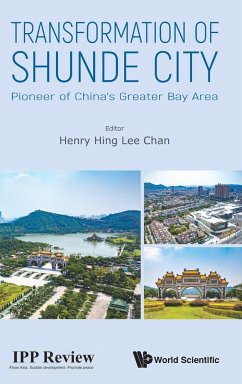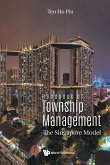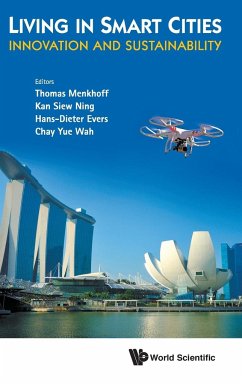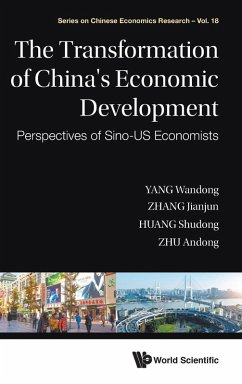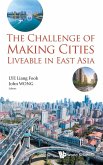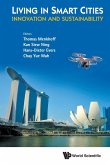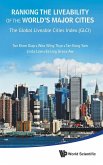"China has achieved an economic miracle in the past four decades. This book is a tour de force of scholarship, demonstrating and explaining how such a miracle came about through a comprehensive examination and review of the development of a city, Shunde, in China. Shunde is well-known in China and in East Asia, not only because it is the richest city (county-level) in China; more importantly, many of China's reforms such as rural, industrial, and property rights were initiated and experimented in Shunde first and then spread across the rest of the country. This is why top Chinese leaders since the late Deng Xiaoping have appreciated the Shunde reform experiments. For all those interested in China's development and its future, this book makes enlightening and instructive reading." Zheng Yongnian Professor East Asian Institute, National University of Singapore This book traces the transformation of Shunde, a city in China's Guangdong Province, from a historically agricultural county to a bustling manufacturing hub cum liveable city, in the past 41 years since the reform and opening-up of China in 1978. It discusses the economic success story of Shunde by using historical narratives to show how the district has combined its enterprising private sector with the highly capable reform-oriented local government to become a national beacon of reforms in the 1980s and 1990s. It looks into the holistic approach to development adopted by the Shunde government since the 1980s. It also explores the potential role of the Guangdong-Hong Kong-Macau Greater Bay Area (GBA). It analyses the strengths and weaknesses of the district as compared to other competing areas in the GBA.
Hinweis: Dieser Artikel kann nur an eine deutsche Lieferadresse ausgeliefert werden.
Hinweis: Dieser Artikel kann nur an eine deutsche Lieferadresse ausgeliefert werden.

